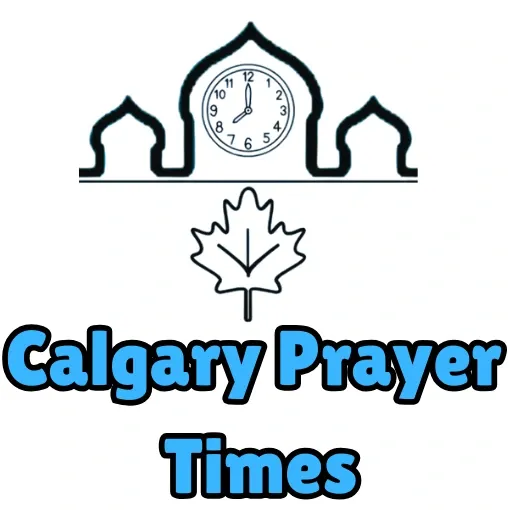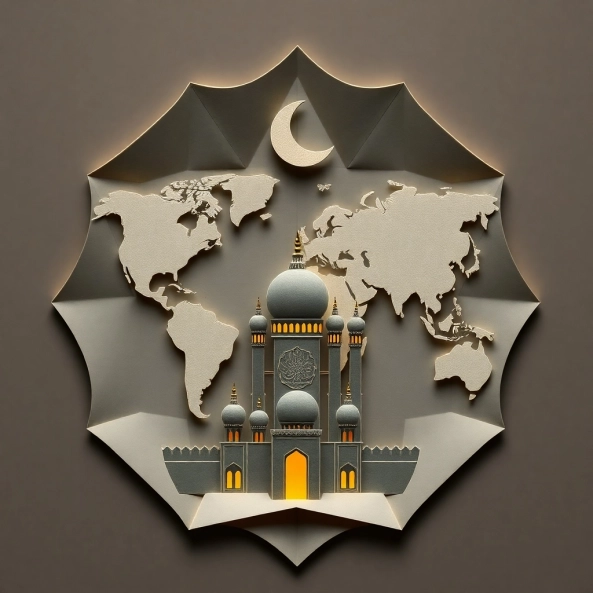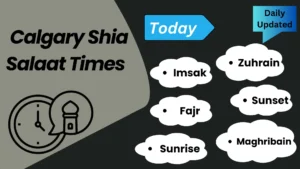How Shia Muslims Observe Ramadan Worldwide
How Shia Muslims Observe Ramadan Worldwide: All Muslims consider Ramadan to be a sacred monthly period where fasting and spiritual reflection form its crucial elements. During this sacred time, Shia Muslims unite their devotion with community activities and rituals that stem from their interpretation of Islamic teachings. The religious activities of Shia Muslims during Ramadan combine Islamic fundamentals with customs that they have developed. The document investigates how Shia Muslims practice Ramadan in worldwide communities while analyzing their Canadian populations to understand their cultural strength in multicultural environments.
Pre-Ramadan Preparations
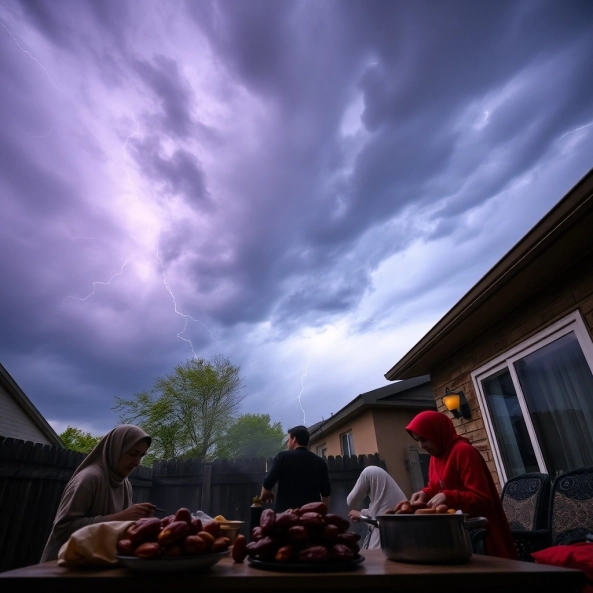
The religious observance of Shia Muslims dates back weeks, leading to the start of Ramadan. Sha’ban’s Mustahabbat (recommended fasts) has become a common practice for Muslims throughout the month to prepare their minds for the upcoming rigour of Ramadan. The important moon sighting process frequently depends on the rulings from their chosen religious authority named Marja, which produces diverse starting dates compared to Sunni religious groups. Iran and Iraq follow state directives to announce the beginning of the month, while Shia Muslims living in Canada require either local council information or network-based updates.
Daily Practices: Fasting, Prayer, and Reflection
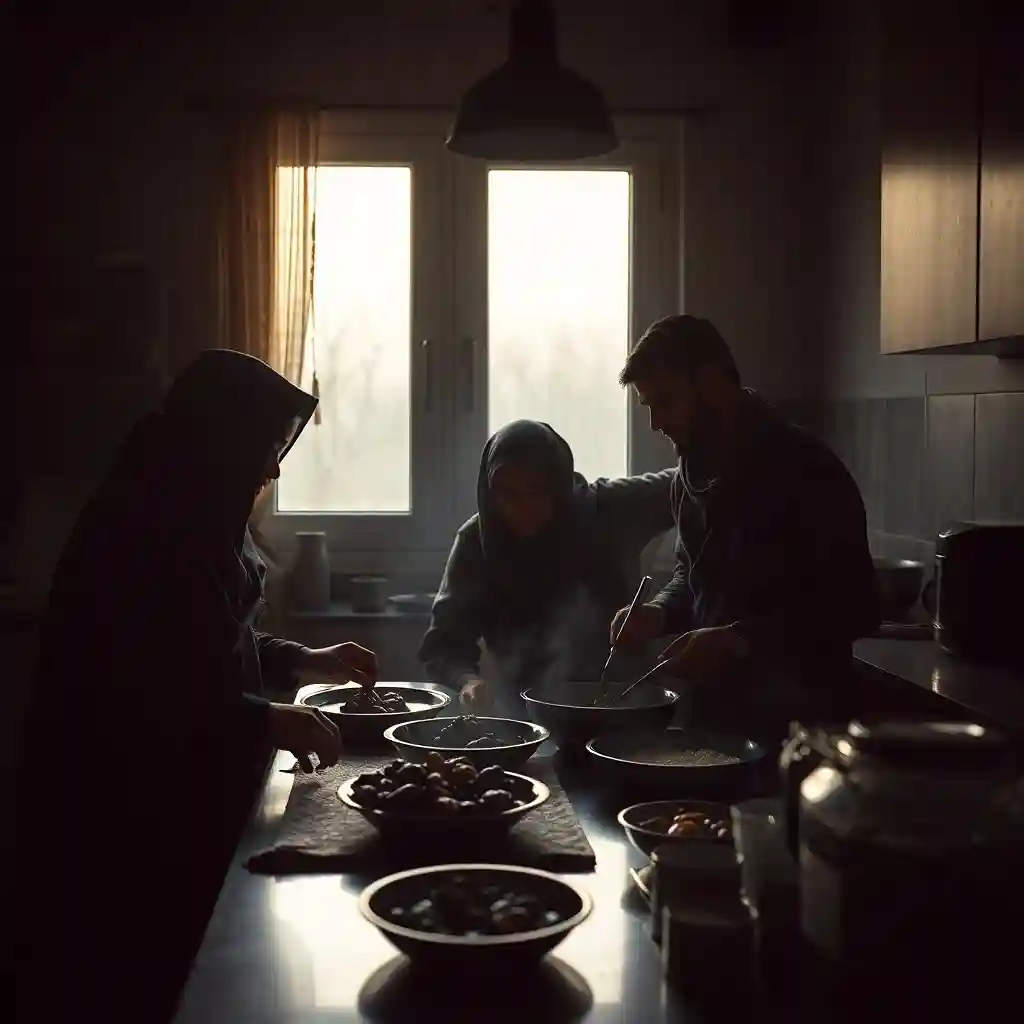
Shia believers observe daily fasting between Fajr and Maghrib sunsets, as Sunnis do, yet their breaking-fasting timing follows the disappearance of the sunset’s red colour. Shia Muslims perform their daily prayers, including night prayers, after eating dates with water during both their pre-dawn meals and the night breaking of their fast. The recitation of the Quran remains paramount during this time as numerous followers make a goal to finish the entire religious text before Eid. Lebanon and Pakistan organize communal mosque Iftar events as a way to strengthen community bonds, and Canadian families create mixed traditional and local dishes that align with their time constraints.
Laylat al-Qadr: The Night of Decree
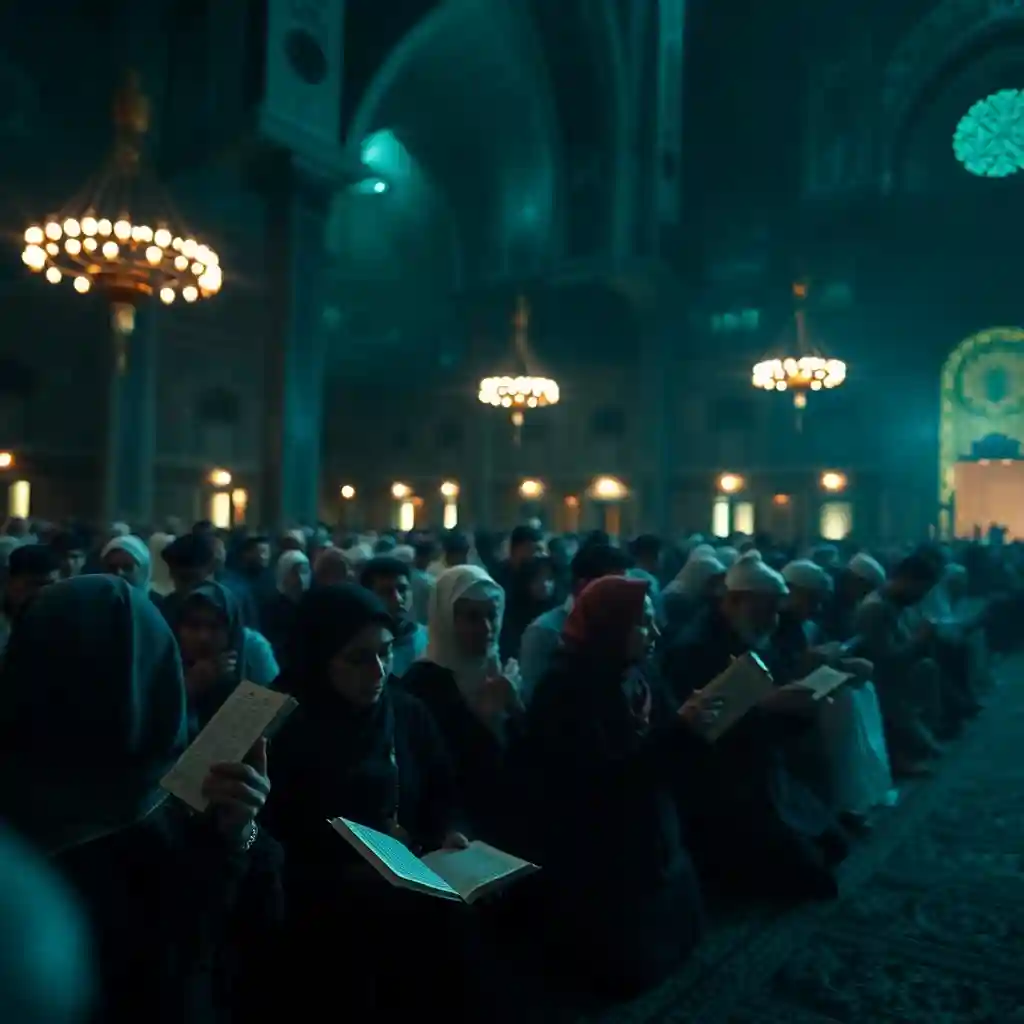
The culmination of Laylat al-Qadr occurs on the 23rd day of Ramadan according to Shia belief, although it is observed on the 19th and 21st days of the month. The nights combine honouring the Quran’s revelation with commemorating how Imam Ali died (and some accept the 21st as the date of his death). The vigils comprise readings of Du’a Kumayl and Quranic recitations as well as shared prayers. At Najaf, thousands of people gather to venerate Imam Ali in Iraqi holy sites, and Canadian mosques organize extended spiritual programs during the night.
Charity and Community Engagement
During Ramadan, there is a peak in both Zakat (obligatory charity) and Sadaqah (voluntary giving). Food distribution happens through state-organized charities within Iran, but Indian Shia trusts operate free kitchen services. Through their Canadian Council of Imams organization, Shia Muslims run food distribution programs that serve both Canadian communities and maintain ties between various faith groups in the nation.
Eid al-Fitr: Celebrating Renewal
Eid observances beginning with moon sightings follow a schedule that makes them occur one day after standard Sunni Eid holidays. They observe the day with prayers, sermons, and communal feasting. The Shia population of Bahrain performs cemetery visits to honour their dead, while Canadian Shias organize collective religious services before engaging in multicultural celebrations throughout parks.
Shia Muslims in Canada: Adapting to a Northern Landscape
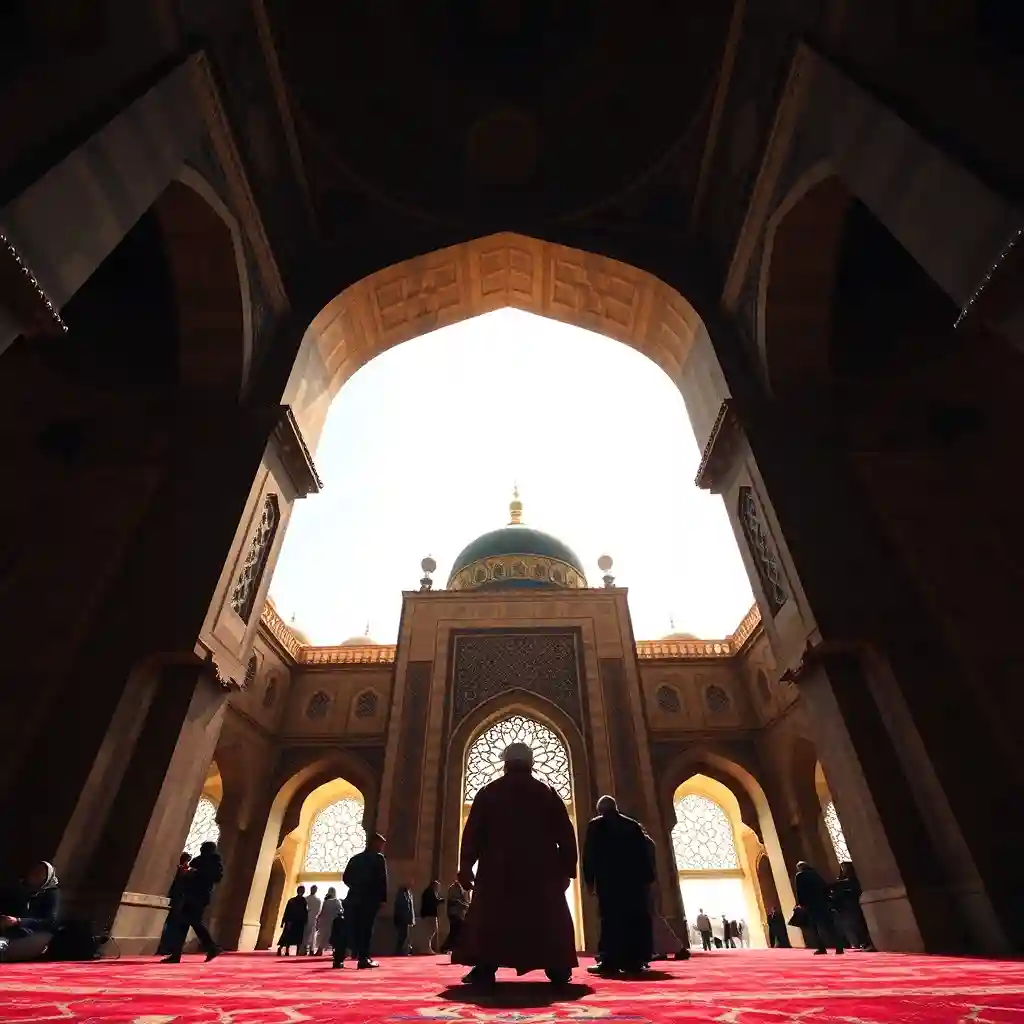
Shia Muslims who reside in Canada face distinct difficulties because their population exceeds 100,000. All religious authorities in the summer grant special permissions to shorten daily prayers, as fasting during these hours reaches up to 18 hours. Toronto’s Jaffari Community Centre, along with other Shia Muslim mosques, offers educational programs together with youth activities to safeguard Islamic traditions. The prayer periods during winter Ramadan are shorter than in the summer, but Suhoor meals become colder, forcing Muslims into virtual religious engagements. When Muslims organize the “Fast-a-Thon” program, they open space for both Muslim and non-Muslim believers to share insights about Ramadan’s timeless ethics.
FAQs for How Shia Muslims Observe Ramadan Worldwide
Conclusion
Shia Muslims observe Ramadan through a combination of religious, faithful observance and historical practices aligned with changing personal circumstances. Shia Muslims practice their shared religious customs through Karachi’s energetic streets while following their spiritual traditions in Toronto’s peaceful mosques. The Canadian society demonstrates how diaspora faith exudes both traditional protection and modern adaptation through its blend of cultural values. Shia Muslims worldwide emerge during Eid each month to implement the lessons learned during Ramadan while showing solidarity among religious members.
